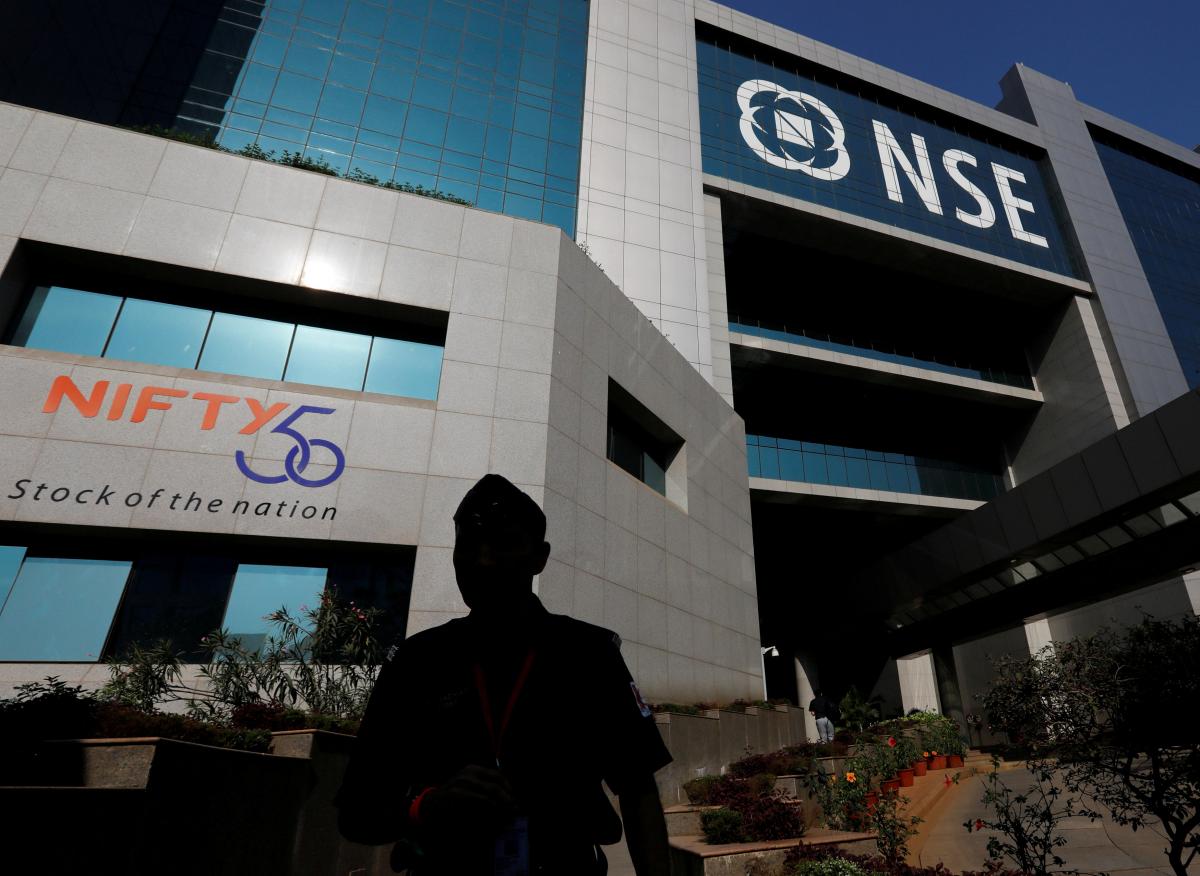MUMBAI -- India’s government fully endorses a dramatic move by domestic exchanges to cut off data to global bourses, sources familiar with the matter said, seeing it as vital to lure foreign investments into the country from Singapore and other financial centers.
It was only after receiving the endorsement that India’s three private stock exchanges - National Stock Exchange, BSE Ltd and MSEI Ltd - proceeded with the joint announcement on Feb. 10 to stop providing data to foreign rivals, said two senior officials at the bourses.
The sources declined to be identified because they were commenting on internal deliberations.
A senior finance ministry official said New Delhi had held “wide consultations” on whether to support the exchanges’ actions, and concluded it was needed to allow a new international finance center being set up in India “to compete with Singapore and Dubai.”
“We have to balance the needs for domestic interests and our image in the global market,” said the official, declining to be identified as he was not authorized to talk to media.
The move by the exchanges, blasted by index provider MSCI Inc as protectionist, reflects long-held wariness by Indian officials about the trading of Indian derivative products overseas, outside the ambit of domestic regulators.
The action is also a tactical move to lure foreign investors to an international financial center being developed in the western state of Gujarat, Prime Minister Narendra Modi’s home state.
Called Gujarat International Finance Tec-City, or GIFT City, the financial center has failed to gain much traction since INX, a unit of the Bombay Stock Exchange, became the first exchange to set up there last year, despite offering close to zero taxes, dollar contracts, and top notch infrastructure.
Can it work
The lack of activity has come even if there is much to appeal to foreign investors, at least on paper.
Located in a sprawling area a 40-minute drive from Gujarat’s largest city, Ahmedabad, GIFT City is well equipped.
It boasts of central cooling systems across all buildings and sophisticated IT networks and servers, even though it was eerily deserted when a Reuters team visited earlier this month.
Modi’s government envisions a center with international schools, hotels, restaurants and even its own regulations, including allowing alcohol in a state that bans it.
More importantly, GIFT City has no taxes on capital gains or transactions and no stamp duties. Most derivative contracts are also dollar-based, removing currency risks.
Yet whether the center can become a top-notch financial hub remains uncertain.
For one, daily trading volumes are currently only at $300-$400 million across its equities, currency, debt, and commodity derivatives, a fraction of the tens of billions of dollars at India’s main exchanges.
Currently seven domestic banks operate in GIFT City, but no overseas lenders have set up.
The sources who talked to Reuters acknowledged the trading was largely from the banks’ trading desks rather than from foreign investors.
Regulatory uncertainty is also a concern. Although the government has sought a unified regulator for GIFT City, India has yet to decide on who, while a history of unpredictable regulations worries foreign investors.
Furthermore, the Singapore Exchange (SGX), having emerged as the biggest trading center for offshore Indian derivatives and a top threat to India, is not standing still.
It is exploring a tie-up with NSE in GIFT City, but is also working on “successor products” to its Indian equity index derivatives.
Tejas Desai, a partner at Ernst & Young, says foreign interest has increased after India exempted taxes on capital gains and after the action by Indian exchanges, giving GIFT City an opportunity to take advantage.
“From a tax perspective, trading futures in GIFT city as compared to exchanges in mainland India is a no-brainer. Understandably, the level of interest amongst prospective investors is quite high at the moment,” he said.
“However, the areas that investors will want to assess in greater detail are ease of access, on-boarding, product sophistication and presence of acclaimed brokers.”

























































